Carbon Neutral 2030
The Australian red meat industry has set a target to be carbon neutral by 2030 (CN30). This means that by 2030, Australian beef, lamb and goat production, including lot feeding and meat processing, aim to make no net release of greenhouse gas (GHG) emissions into the atmosphere.
MLA’s investment into CN30 research, development (R&D) and adoption aims to enable and empower the red meat industry to achieve the target, reduce operating emissions while maintaining productivity gains.
The CN30 target sends a clear signal to government, global markets and consumers that the livestock industry is proactively addressing emissions and taking action to improve long-term productivity. By taking action, the red meat industry pre-empts current and future market expectations regarding environmental credentials which will allow red meat producers to stamp their mark in a competitive global protein market. CN30’s suite of innovation will also deliver win-win benefits for producers, including productivity gains and profit drivers through the carbon market or premium supply chains.
To date, the Australian red meat industry has decreased annual emissions by 78% since 2005 or the equivalent a 114 Mt CO2-e decrease of greenhouse gases from entering the atmosphere. An additional 31.1 Mt CO2-e per annum must be diverted to achieve CN30. Meat & Livestock Australia has committed to supporting the delivery of this target four key work areas:
- Emissions Avoidance: innovation that reduces greenhouse gas output
- Carbon Storage: innovation that increases beneficial carbon storage in soils and trees under management, as well as tools to accurately and cost effectively measure soil and tree carbon
- Integrated Management Systems: unlocking opportunities for red meat industry stakeholders to benefit from reducing net emissions
- Leadership and capability building: education and engagement for industry, advisors and producers.
Related content
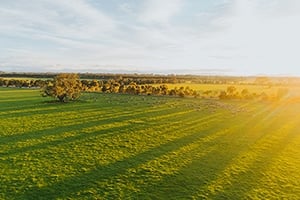
Find out what producers should consider and be aware of when making carbon neutral claims using this checklist.

This calculator enables the calculation of total enterprise greenhouse gas emissions calculation as well as emissions intensity per product produced e.g. beef, sheepmeat, wool, grain.
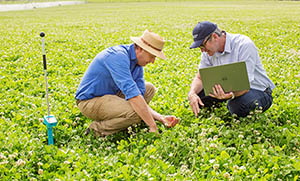
Carbon e-learning modules provideing foundational information about carbon farming and greenhouse gases relevant to agriculture (including the carbon cycle), as well as giving you an understanding of the language of carbon.
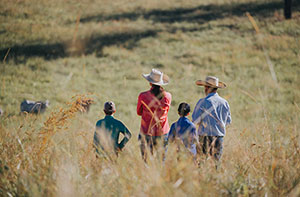
Carbon EDGE is a new two-day training program which helps producers take carbon from a concept to an action plan.
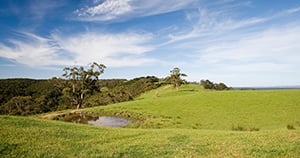
Here are 10 ways to be on the front foot towards carbon neutrality. Find out what you can do today and in the future.
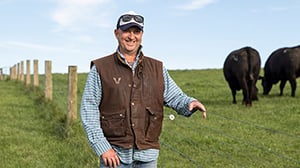
A recipe to improve productivity and carbon neutrality with genetics and vegetation.
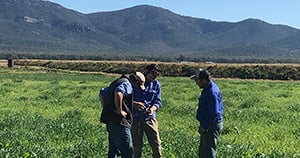
Two years of drought coupled with a bushfire hasn't impacted Wilmot Cattle Company's soil carbon journey.
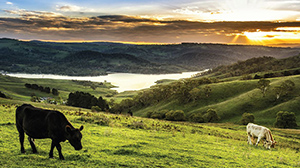
An updated, one-stop-shop to help producers make productivity-led emissions reductions and improvements in carbon storage on-farm.
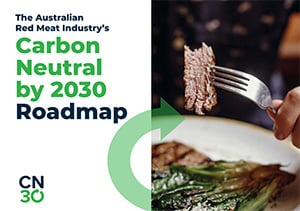
The Australian Red Meat Industry’s Carbon Neutral by 2030 Roadmap describes the technologies and practices required for industry to thrive in a carbon neutral future.


